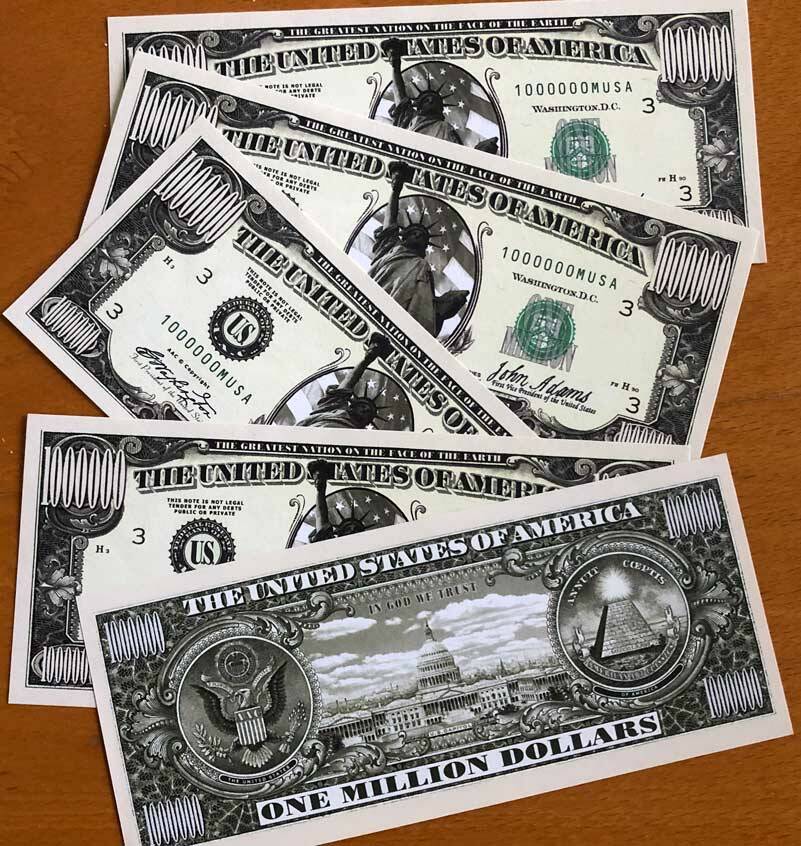By Morf Morford
Tacoma Daily Index
The early 2020s have given us a whole new economic vocabulary.
And some terms and key principles that seemed to be rock solid, enduring, guiding concepts have retreated, or even disappeared entirely from economic conversations.
Supply and demand, for example, for centuries, if not millennia, has been the cornerstone of every economic system and sector.
Or at least capitalism as we know it now.
The principle seems simple enough; the less of any given item, combined with the demand for that same product, leads to an inevitable price increase.
But in the early 2020s, many basic products (and those who would purchase them) found themselves at the mercy of a series of unlikely and unexpected market forces.
From housing to infant formula, logistics and implementation interfered, if not thoroughly distorted, traditional market processes.
In short, supply and demand, the First Commandment and primary guiding principle of capitalism has been found wanting.
Many, if not most, of our laws and policies are based on this ineluctable, seemingly near-divine principle.
But I would argue, that in the unbridled “take no prisoners/what used to be true no longer matters” economy that we find ourselves in, new rules are emerging as quickly as the latest COVID variant.
One term I have heard more and more in the past couple years to describe our economy is “late stage capitalism”. As with any phrase, “late stage capitalism” is dense with baggage, history and connotations.
Yes, we are still in a capitalist system, but it has been, and always has been changing. And we are “late” in the reign of what we have known as capitalism.
Capitalism has not existed forever. And it barely exists even today, in many places.
It would be easy to make the argument that pure unfettered, laissez-faire capitalist society has never existed. The closest any country has come to pure capitalism is 19th century America – mostly in the early decades of that century.
Twentieth-century America was far from a purely capitalist country but was instead a “mixed economy” – a mixture of freedom and controls with tax structures and subsidies defining, if not framing our economy as much as any traditional market forces.
Here in the 21st Century, we are in an even more mixed economy with “public-private partnerships” providing everything from highways to for-profit prisons.
To say that these trends have muddled capitalism would be the ultimate understatement.
What is the true “cost” of a gallon of gas? A dozen eggs? Or a house? If you take out the multitude of tax breaks, subsidies and incentives of all kinds, the bare price of almost everything would be far different – some lower and some far higher.
Without agricultural subsidies for example, lettuce, many years ago, according to many experts, would have been about $7 a head. And without massive oil subsidies, we would have next to no oil.
What is capitalism?
Capitalism, at its most basic, idealistic and theoretical, is a moral (rational-self-interest), political (individualism), legal (rule of law), economic (free-market) social system based on the principle of individual rights (and property ownership) that results in, or at least, at its best, presumes and facilitates peace, progress, and human flourishing. True capitalism is, again, at its best, self-regulating – with no need, or desire for government influence or intrusion.
The Twentieth Century provided ample evidence that markets cannot go unregulated. As a result, many European countries have transitioned into something approaching a socialist model for economic development. Business is largely private owned, but people don’t think that the market is able to self-regulate, which is where the government comes into play.
The recent corporate move of Boeing to the Washington, DC area is a classic case of lobbying becoming a higher priority than production.
The world has seen many other economic systems from Feudalism to modern “demand” economies to far more basic barter economies.
There is nothing sacred or permanent or even guaranteed about capitalism.
For whatever reason, capitalism seems to be hard-wired for a recession (defined by a decline in GDP in two successive quarters) every ten years or so and a major, debilitating depression approximately every one hundred years.
And for whatever reason, capitalism tends to take on a political tint as it becomes more established.
In general (with lots of exceptions) a liberal government has meant a larger government with a dominating presence in the economy, while a more conservative government was smaller and (for the most part) stayed out of the economy. This also means that the political parties handle recessions and depressions differently.
A cynic is a man who knows the price of everything but the value of nothing – Oscar Wilde
The design flaw of capitalism is that everything is a commodity – and every thing, even every person, has a price. But not necessarily any inherent value.
Housing is a test case for capitalism
Every economic system has, as its reason for existence, the provision of essential (and many unessential) goods and services to the vast majority – if not entire – population.
Our current housing crisis is just one area where capitalism seems to not live up to its potential. If supply and demand holds true, if we built more housing, home prices should drop, or at least stabilize. But have they? Or will they?
In theory, when prices increase, demand will decrease when supply stays constant.
And if supply increases? It all depends where, and what kind and at what price point.
And how solid the demand is.
If the “demand” is contrived and insubstantial (as in today’s real estate market) with “flippers”, AirBnB investors and hedge funds dominating the market, the market (or at least the supply/demand/evaluation) of the market, is anything but steady and certain.
And, like the economy in general, those in the housing business hate uncertainty most of all.
A recession, or even worse, a depression, is just another term for a rough landing after a promising era of speculation.
At minimum, the next few years should be interesting. Or they could be the equivalent of a graduate level course in the next phase of “late stage capitalism”.






